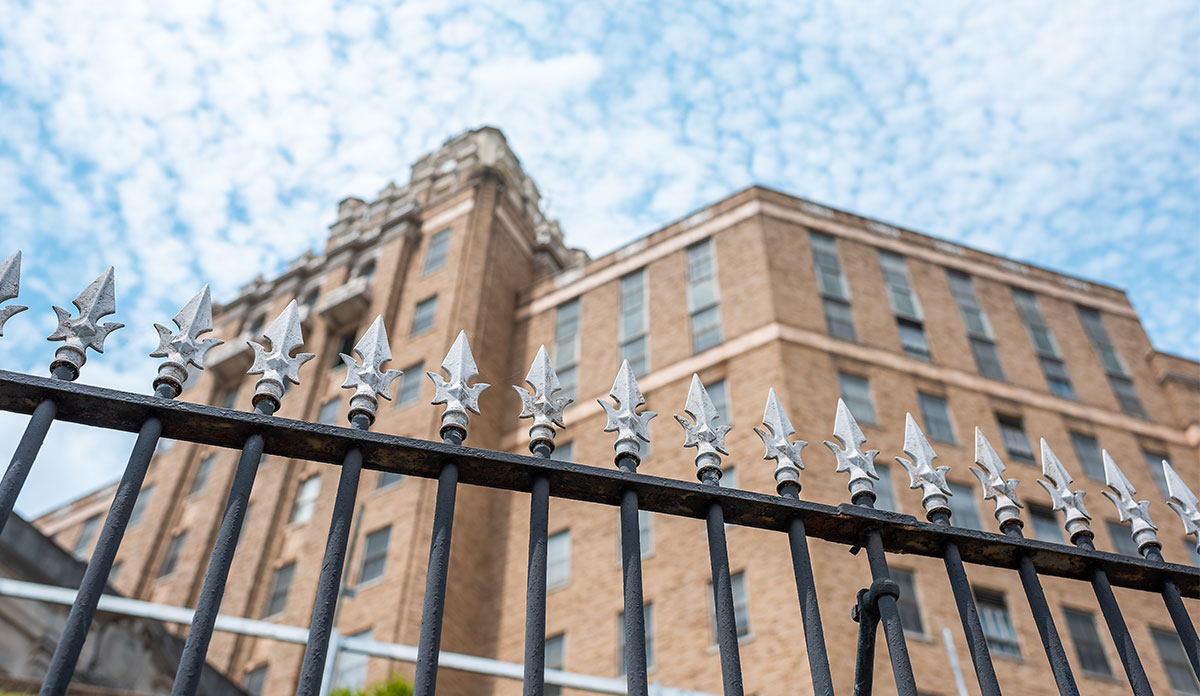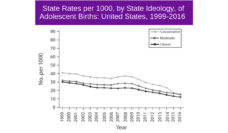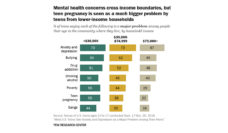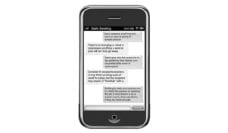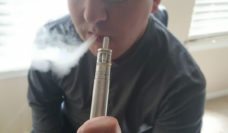Waking up in the middle of the night to the sound of people breaking into your house, getting tossed into a van and abducted by strangers. This sounds like the beginning of a thriller. But it is not. This is a reality for many of the 200,000 children who have been shipped off by their parents or guardians to a “troubled teen” institution over the last 60 years.
The “troubled teen” industry is a term used to collectively describe institutions that aim to reform teenagers with behavioral, emotional, substance use problems, and cognitive and learning disabilities. In most institutions, classes and therapy are held in a closed residential facility that prevents teenagers from leaving. Research has shown that children who attend these institutions are likely to relapse and their mental health is likely to worsen. But the “troubled teen” industry continues to thrive mostly unregulated, pocketing an estimated 1.2 billion dollars per year.
The National Youth Rights Association reports that youth who attend “troubled teen” institutions are often deprived of food, water, and sleep, while being forced to do rigorous labor for extended periods of time. Children also experience humiliation, verbal, physical, and sexual abuse. Some institutions censor children’s communication with the outside world. Some children have died.
The industry is comprised of different types of facilities, where children are sent to treat different conditions, often for extended periods. Boot Camps, Wilderness Therapy facilities, and Conversion Therapy institutions, where LGBTQ + children are told sexuality is an illness that needs to be cured, place children at risk for maltreatment although a clear picture of the universe of such treatments remains obscure.
More than 90% of participants rated their experiences at these institutions as negative or very negative.
Sarah Golightley conducted a mixed methods study to examine the perspective of former students at these institutions. Via social media, she surveyed over 100 adults who attended these types of institutions, and selected sixteen participants to interview. More than 90% of participants rated their experiences at these institutions as negative or very negative. Case study participants noted that they had been taken without consent, and suffered isolation, constant surveillance, and being forced into a gender-conforming role. The study did not interview the adults and parents who chose these facilities for their children.
Lack of licensing requirement prevents researchers from determining how many of these institutions exist today. Researchers estimate hundreds. Lack of regulations also prevent researchers from determining what are the demographics attending these institutions, the cost of attendance, the type of treatment teenagers receive, and the long-term effect of that treatment.
Recently survivors of the troubled teen industry, including Paris Hilton, have been sharing their experiences, placing these institutions under scrutiny from government agencies. Washington State, as a result, lowered the age for medical consent to 13 years old, so that teenagers cannot be treated without their approval. California passed a law that prevents these types of institutions from functioning as for-profit businesses.
The National Youth Rights Association is calling on Congress to make changes at the federal level, by shutting down all of the facilities from this industry. They argue that the troubled teen industry dehumanizes children and deprives them of their rights. A few members of Congress have taken interest in this issue. But there remains no federal law that regulates how children are being treated at these facilities.
Photo via Getty Images









